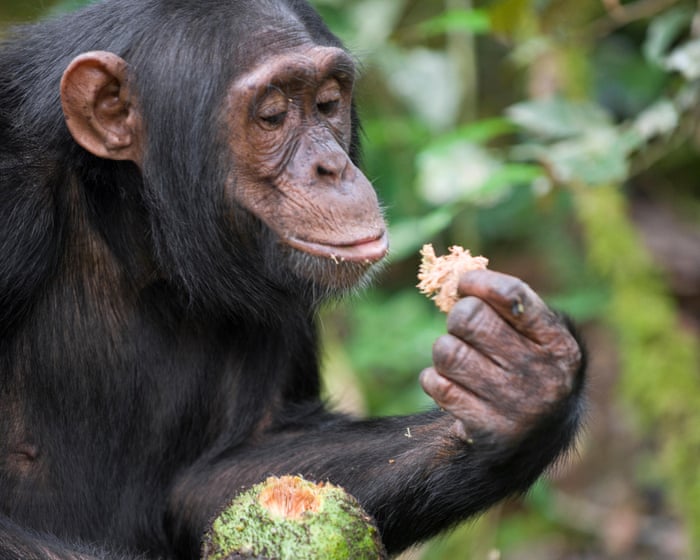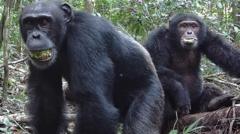How Did Hands Evolve? Look to Your Anus, a New Study Suggests.
NeutralScience

A new study suggests that the evolution of human hands may have been influenced by genetic plans originally designed for our anus. This intriguing finding sheds light on the interconnectedness of our anatomy and evolution, prompting further exploration into how different body parts have developed over time. Understanding these connections can provide valuable insights into human biology and the evolutionary processes that shape us.
— Curated by the World Pulse Now AI Editorial System










